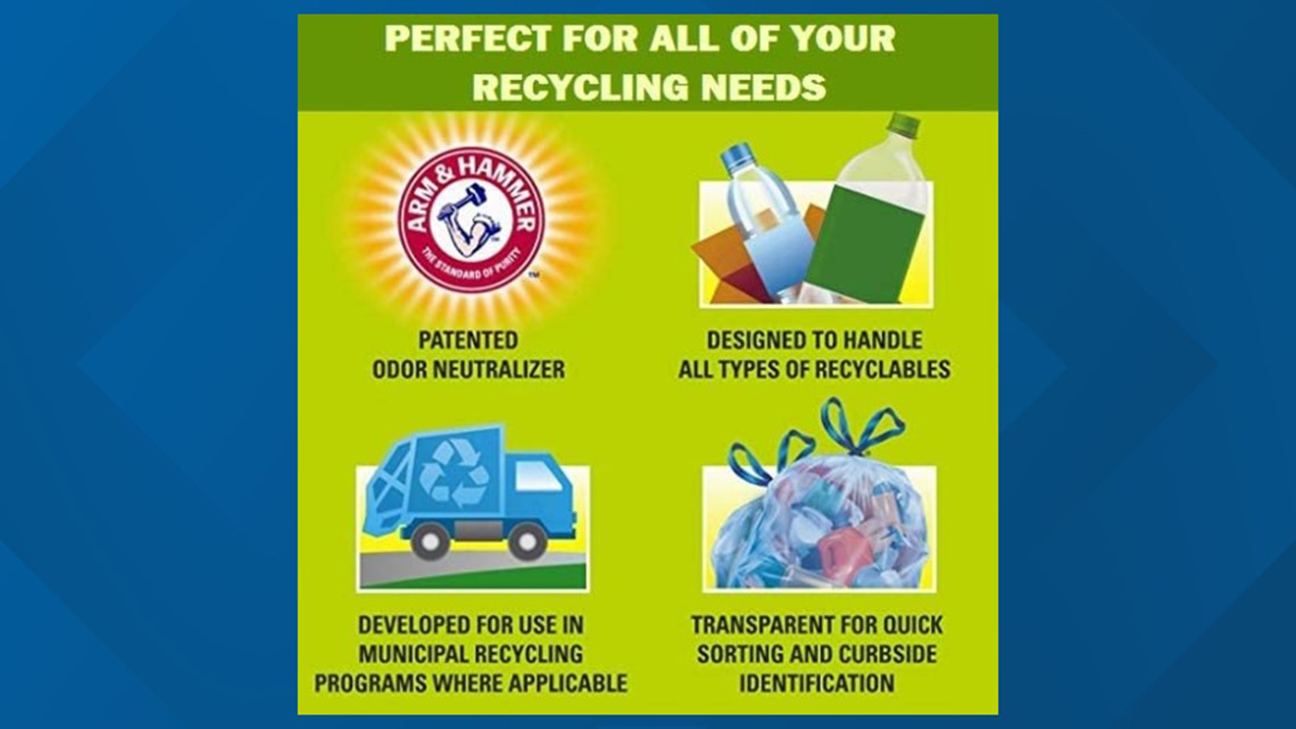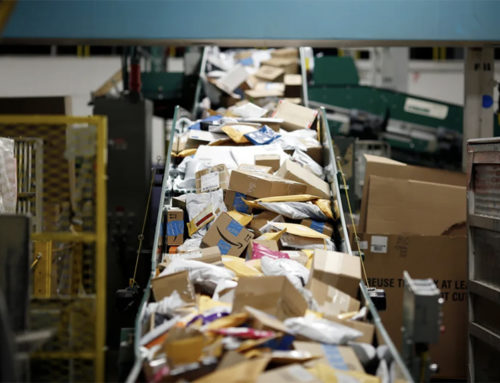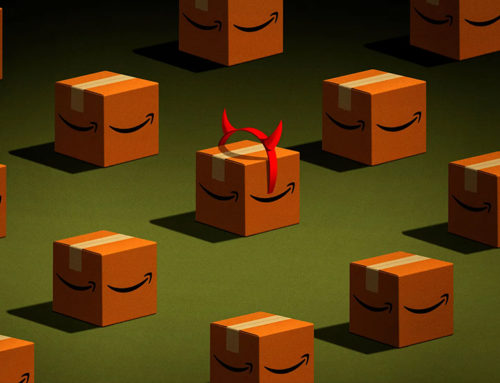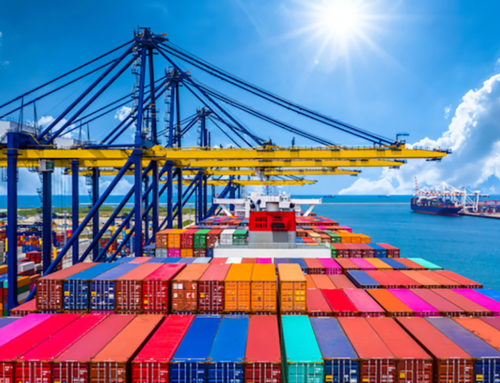In the pursuit of eco-conscious living, consumers are increasingly drawn to products that promise environmental benefits. However, the recent legal battles surrounding Reynolds Consumer Products serve as a stark reminder of how marketing language can lead us astray, particularly in the case of items that are far from recyclable, such as lawn bags made from non-recyclable plastic.
Reynolds Consumer Products, a well-known brand behind Hefty and Great Value recycling bags, has come under intense scrutiny. They have agreed to pay up to $4 million and amend their advertising language to settle a lawsuit that alleged their marketing practices were illegal.
The controversy revolves around the way Reynolds markets its recycling bags, which it claims are designed for the collection of curbside recyclables. This claim, however, has sparked outrage from Minnesota and Connecticut attorneys general and private individuals who argue that these bags are incompatible with curbside recycling programs. The bags themselves are primarily made of polyethylene, making them unsuitable for curbside recycling, as most recycling programs demand recyclables to be loose in carts or bins, avoiding film-based materials that can jam sorting equipment at Material Recovery Facilities (MRFs).
Reynolds vehemently denied these allegations, pointing to the few municipal recycling programs that accept bagged recyclables. The company also took steps to adjust its packaging, including removing symbols that may mislead consumers. They added a disclaimer stating, “This bag is not recyclable. This bag is designed for use in participating program areas only – contact your local municipality or recycling center to confirm acceptance.”
In the settlement, Reynolds maintains its innocence but agrees to amend its marketing language, emphasizing that the bags should only be used where applicable and that the bags themselves are not recyclable. They will also remove certain symbols from the packaging and retain the right to sell through their existing inventory without recalling or destroying any products.

As part of the settlement, U.S. consumers who purchased clear and blue transparent Hefty and Great Value recycling bags between July 20, 2018, and Aug. 30, 2023, are entitled to a payment of $2 for each product they bought, up to a maximum of $50 per person. Payments to consumers are capped at $3 million in total. Additionally, Reynolds will pay up to $975,000 for the plaintiffs’ attorney fees and costs, with the two primary plaintiffs, Shana Gudgel and Craig Woolard, each receiving $5,000.
While preliminary approval for the settlement was granted on Aug. 30, a final approval hearing is scheduled for Nov. 15. The implications of this class action settlement in Illinois on the ongoing legal challenges from the states of Minnesota and Connecticut remain uncertain.
Reynolds Consumer Products is not the only company entangled in such legal disputes. Numerous similar lawsuits are emerging across the United States. Lisabeth Hanscom, an Oakland resident, voluntarily dropped her case against Reynolds Consumer Products in August 2022. Meanwhile, a complaint was filed in federal court against The Glad Products Co. and its parent company, Clorox, arguing that the marketing of Glad brand recycling bags is deceptive and illegal. This case is still ongoing.
Remarkably, Shana Gudgel, one of the primary plaintiffs in the Reynolds case, has also sued Clorox in the past. In August 2020, she claimed that Clorox’s “Splash-Less Clorox Bleach” formula was less effective at killing viruses. Despite her allegations, a judge dismissed the case in January 2021.
These legal battles underscore the importance of scrutinizing eco-conscious marketing language, reminding consumers to read the fine print and be aware of the true environmental impact of the products they purchase. In the pursuit of a greener world, being informed is as crucial as the desire to make a difference.






